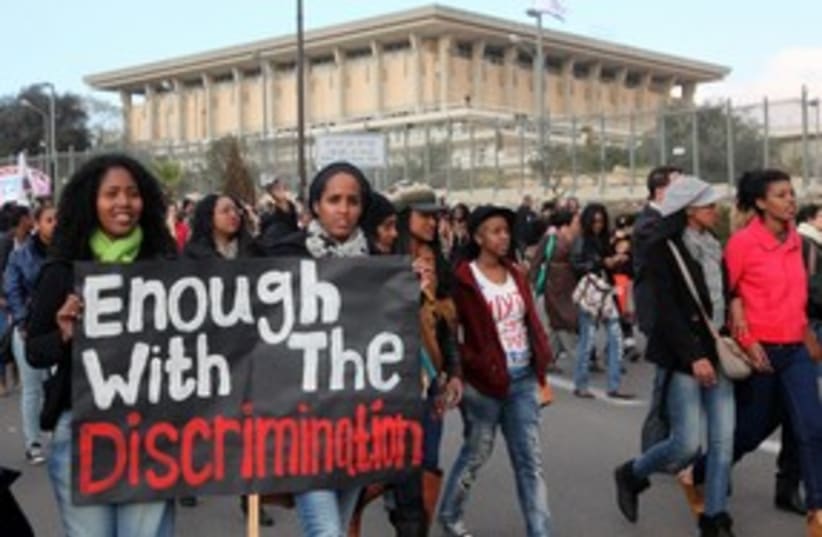The writer is Neubauer Research Fellow at the Institute for National Security Studies (INSS), Tel Aviv University.
Are Israelis racist?
Lack of integration contributes to the disease of racism in Israeli society.

The writer is Neubauer Research Fellow at the Institute for National Security Studies (INSS), Tel Aviv University.